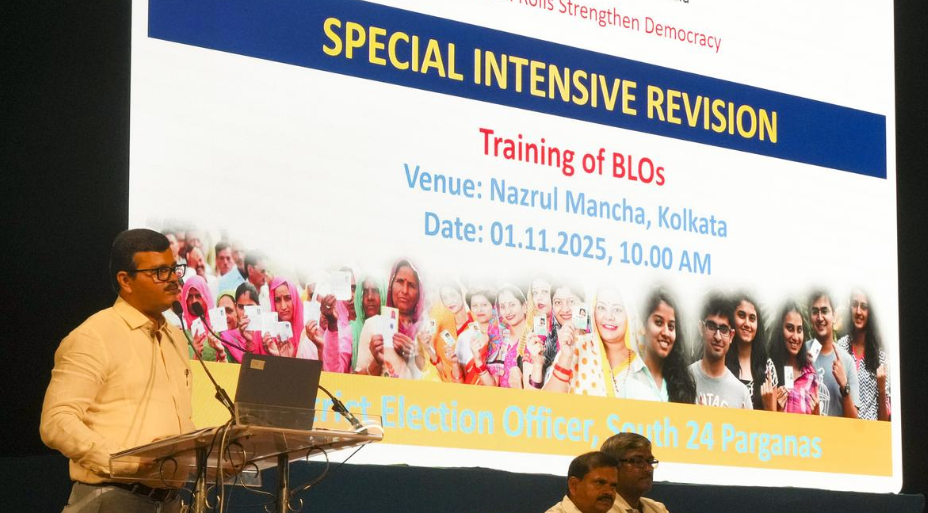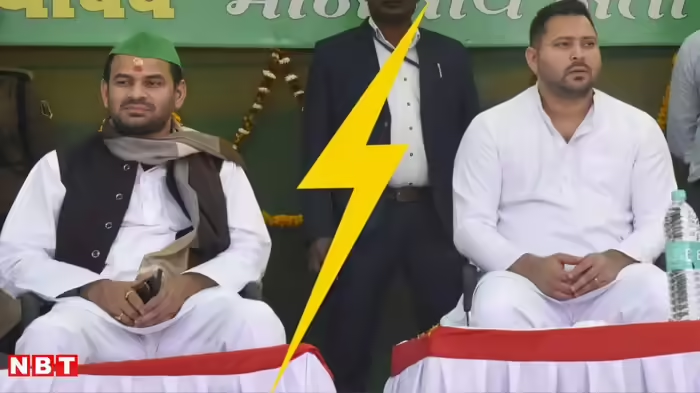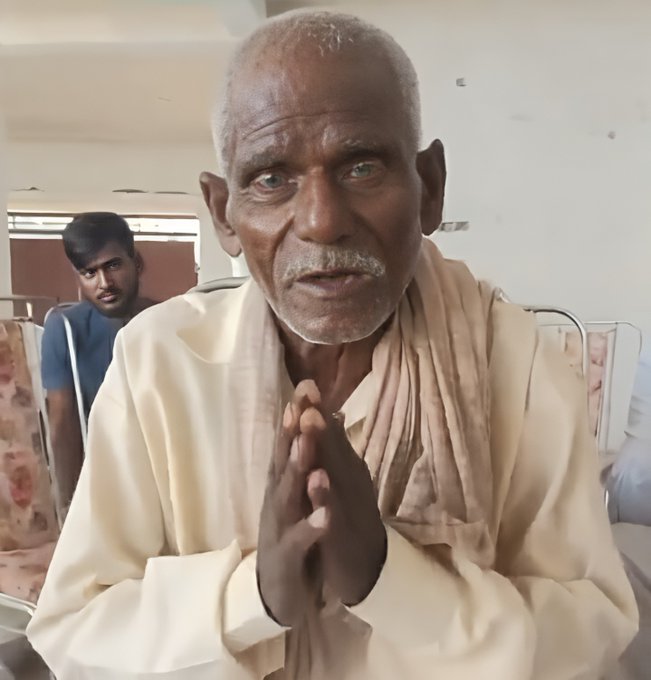The Election Commission of India (ECI) on Tuesday launched the second phase of its nationwide voter-roll revision exercise known as the Special Intensive Revision (SIR), covering approximately 51 crore electors across 12 states and Union territories. The enumeration stage will run from 4 November to 4 December, with the draft electoral rolls scheduled for release on 9 December and the final list to be published on 7 February 2026.
The states and UTs in the list include Andaman & Nicobar Islands, Lakshadweep, Chhattisgarh, Goa, Gujarat, Kerala, Madhya Pradesh, Puducherry, Rajasthan, Tamil Nadu, Uttar Pradesh and West Bengal. Among these, Tamil Nadu, Kerala, West Bengal and Puducherry are due to hold assembly elections in 2026.
A notable procedural change from the previous Bihar exercise: the ECI has clarified that voters will not need to submit identity documents during the house-to-house enumeration. Only those whose details cannot be linked to previous voter-lists will be sent a notice to provide documentation. The list of indicative documents has also been expanded to include the Aadhaar card in addition to the previous criteria.
The primary objective of this phase of SIR is to eliminate duplicates, remove ineligible entries such as deceased persons or illegal migrants, and ensure that eligible voters are not left out. By revisiting voter rolls first established in the early 2000s, the ECI aims to update records that have seen limited revision since the last major roll-update in 2002-04.
However, opposition parties in states like West Bengal and Tamil Nadu have raised concerns about potential disenfranchisement, particularly among communities lacking documentation. They have signalled intentions to approach the Supreme Court if the process is not managed with safeguards for eligible voters.
As the exercise moves into the field-phase, millions of voters across India will see Booth-Level Officers (BLOs) visiting homes to verify and update records – a process that could reshape electoral registers ahead of major elections in the coming years.




